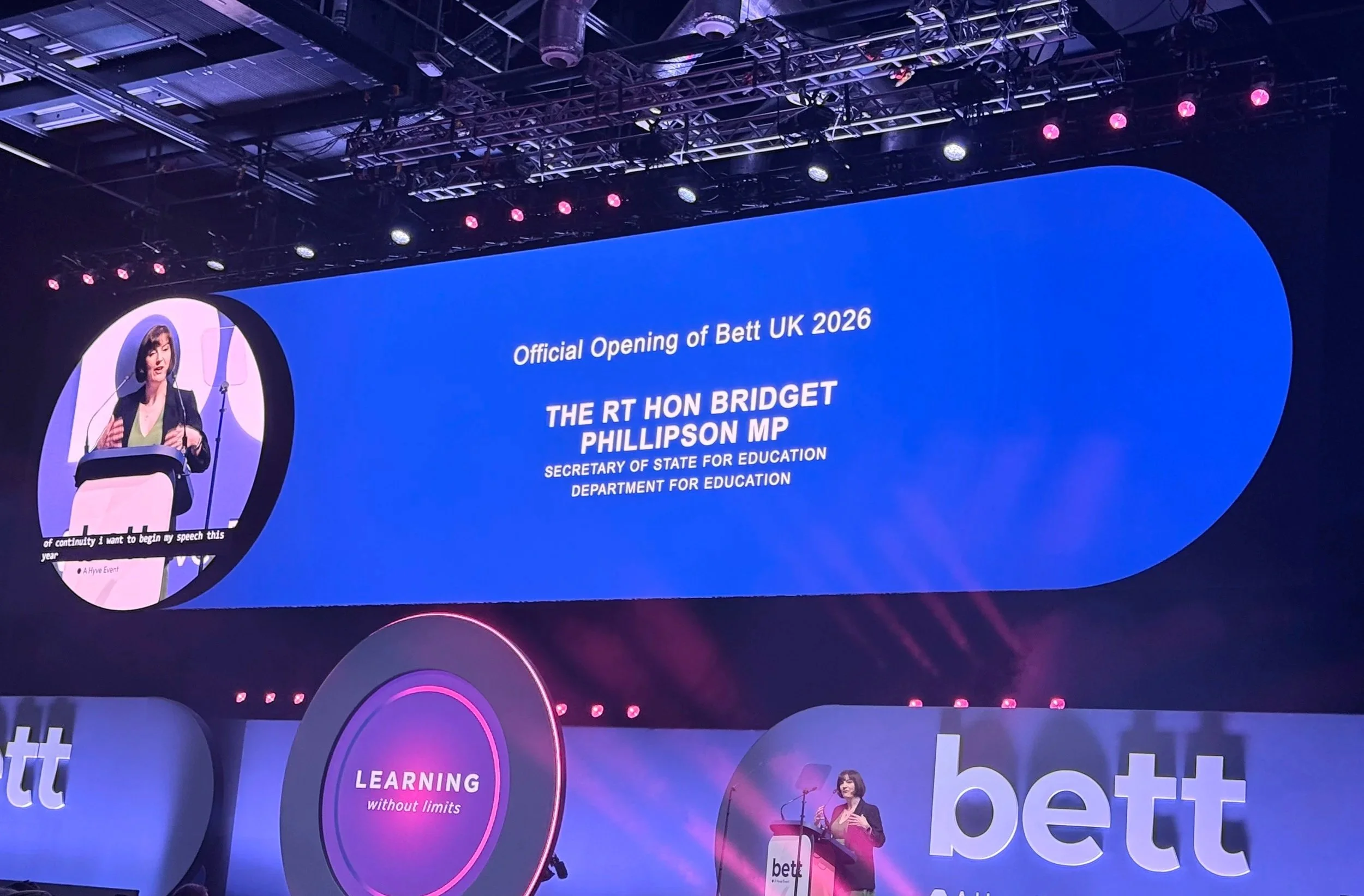More than two-thirds of young women in the UK report a lack of confidence with STEM, despite years of initiatives
A new study shows that despite 70 percent of female students expressing an interest in STEM, nearly half doubt their own abilities and more than a third fear skepticism from others.
Researchers at Walbrook Institute London surveyed 1,000 girls and young women currently attending school or college in the UK about their views on STEM and found 72 percent don’t believe they have enough knowledge to study a degree in computer science or IT.
While this is a long-term trend, the new research shows that this has not changed, despite years of reports, programs and mentoring schemes.
Half of the survey respondents said they felt “over challenged” in STEM fields and 42 percent said they felt the topic was “too difficult” for them. More than a third (38 percent) said they don’t feel other people believe in their capabilities.
Workload was another issue highlighted by the research, as 61 percent of survey respondents said they were worried about demanding workloads associated with STEM courses and 43 percent were worried the workload associated with STEM subjects would prevent them from taking on a part-time job to fund their studies.
Other concerns around STEM courses flagged by the research include a lack of inspiration, with 51 percent describing their STEM classes as “boring and unappealing”.
Despite these concerns, 70 percent of young women expressed a personal interest in STEM courses and 85 percent said they would value the long-term career success such courses can offer.
Dr. Glory Aigbedion, Lecturer at Walbrook Institute London, says: “The question isn't whether there is a problem with STEM education’s appeal to young women - we've known for years that there is one. The question is what will it actually take to finally fix it?
“Schools, colleges, institutes and universities can offer all sorts of STEM courses, but that won't help overcome a lack of confidence in young women. We need teachers, mentors, family and friends to be creating early STEM awareness programmes and talking more openly about the benefits it can bring and breaking these very obvious barriers down. The data shows that the majority are interested in the topics, they just need to know that these courses and careers can work for them.”
Steve Hill, CEO and Vice-Chancellor at Walbrook Institute London adds: "According to The World Economic Forum, by 2030, employers expect 39% of key skills to completely change, with technological skills growing faster than any other category.
“Now is the time to prepare students for careers that will require constant reinvention, and STEM is at the heart of this. It is up to higher education institutions like ours to find interesting and inspiring ways to educate young women and give them the confidence they need to tackle these exciting courses, as well as offering affordable programmes that can fit around work.
“By bridging this gap now and addressing the confidence issue we can inspire a new generation of young women and build the workforce of tomorrow.”





















